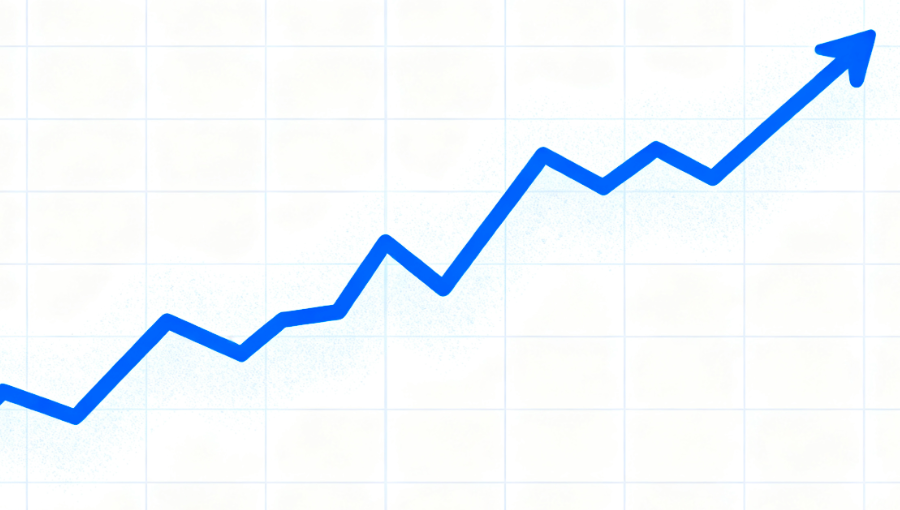
Black Friday Sales: Only Buying Essentials? US Consumer Behavior Shifts Dramatically Amid Inflation Threat
At the end of this month, North America will welcome the annual major shopping season, "Black Friday." This day typically signifies a frenzy of purchasing by local consumers and holds great significance for retailers.
However, a new survey indicates a significant shift for this year's Black Friday compared to previous years. A considerable proportion of consumers will not follow the past "splurge" mentality of buying high-value items like giant TVs and luxury appliances but will instead only purchase items for their daily needs.
In August, Federal Reserve Chair Jerome Powell also stated that while inflation remains high, it has receded from its post-pandemic peak. Raymond Robertson, a labor economist at Texas A&M University, predicts a potential wave of grocery price increases in the US this winter, with agricultural product prices possibly rising by 50% to 100% early next year.
Walmart CEO Doug McMillon also warned that their customers are very anxious, with people generally running out of money by the end of the month, leading them to typically only buy smaller-sized products then.
Even more concerning for retailers is that some customers are hesitating whether to shop on Black Friday because they do not believe in the authenticity of the discounts.
A Lightspeed survey shows that 84% of consumers believe retailers raise prices before promotions to exaggerate the discount level. Therefore, Dasilva suggests that retailers provide more transparent explanations of their pricing strategies. Only when consumers feel assured will they make reasonable purchases and reduce returns.
















